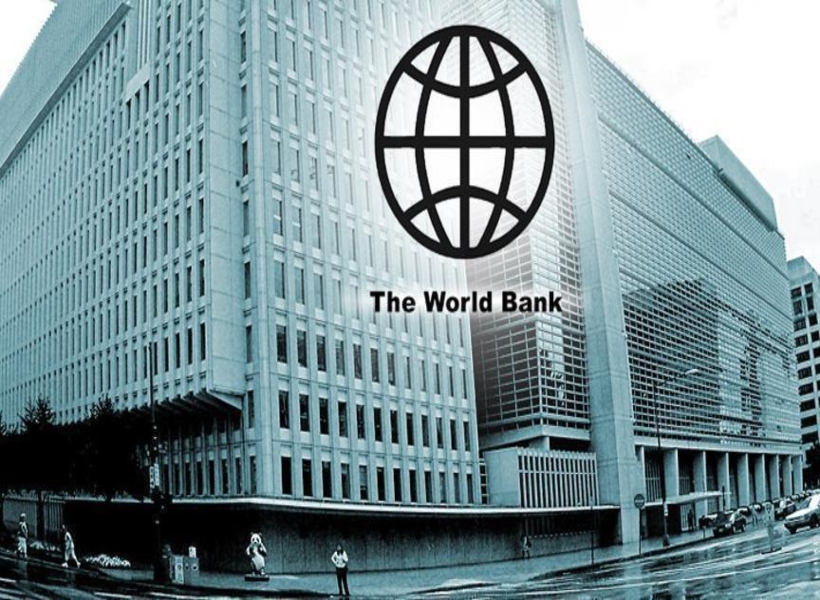The World Bank today approved US$6 million in additional financing for the Guyana COVID-19 Emergency Response Project to support affordable and equitable access to COVID-19 vaccines and ensure effective vaccine deployment in Guyana. The project will also support general preparedness, resilience, and overall health system strengthening.
“An efficient and equitable rollout of COVID-19 vaccines will be critical to save lives and restore economic activities in Guyana,” said Ozan Sevimli, World Bank Resident Representative for Jamaica and Guyana. “The World Bank is closely coordinating with development partners and Government of Guyana counterparts to support the vaccination campaign, and long-term improvements to the country’s healthcare system.”
The pandemic has had socioeconomic impacts, including job losses, which disproportionately affect women. This additional financing to the Guyana COVID-19 Emergency Response Project will fund the acquisition of COVID-19 vaccines. It will help the Government of Guyana strengthen health system functions that are necessary for immunization, such as vaccine awareness communication, human resources, information systems, and waste management. The additional financing to this project also aims to increase overall health system preparedness to tackle future emergencies.
The original project was approved in November 2020 to support Guyana’s pandemic response and strengthen the country’s health system. US$5 million of the additional financing approved today comes from the International Development Association (IDA). Guyana receives interest-free financing from IDA, with a maturity of 40 years, including a grace period of 10 years. An additional US$1 million is a grant from the Health Emergency Preparedness and Response Multi-Donor Trust Fund.
So far, Guyana has issued the first dose to 233,134 of 47.9% of its adult population, with 108,752 (22.3%) receiving second doses.
The regional first dose breakdown is as follows:
Region One – 59.9%
Region Two – 43.7%
Region Three – 47.1%
Region Four – 49.4%
Region Five – 50.4%
Region Six – 56.1%
Region Seven – 47.9%
Region Eight – 32.7%
Region Nine – 46.3%
Region Ten – 14.6%












